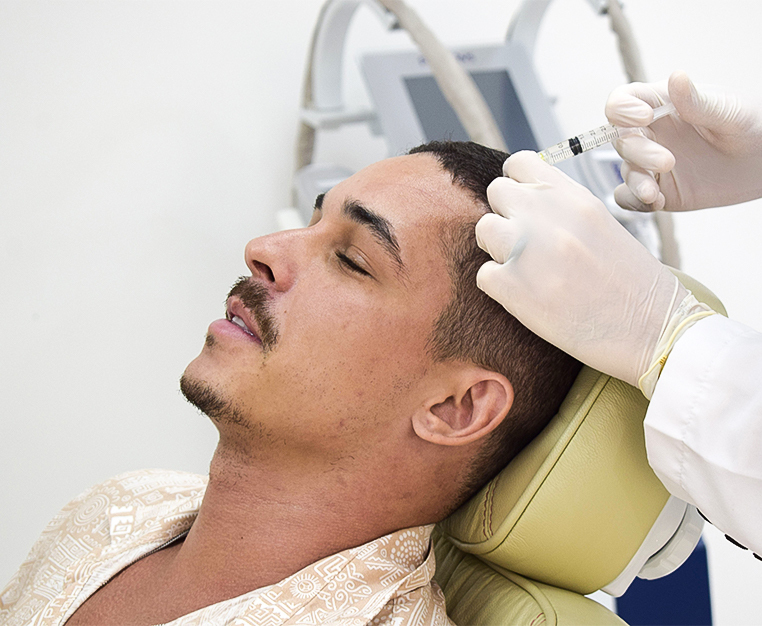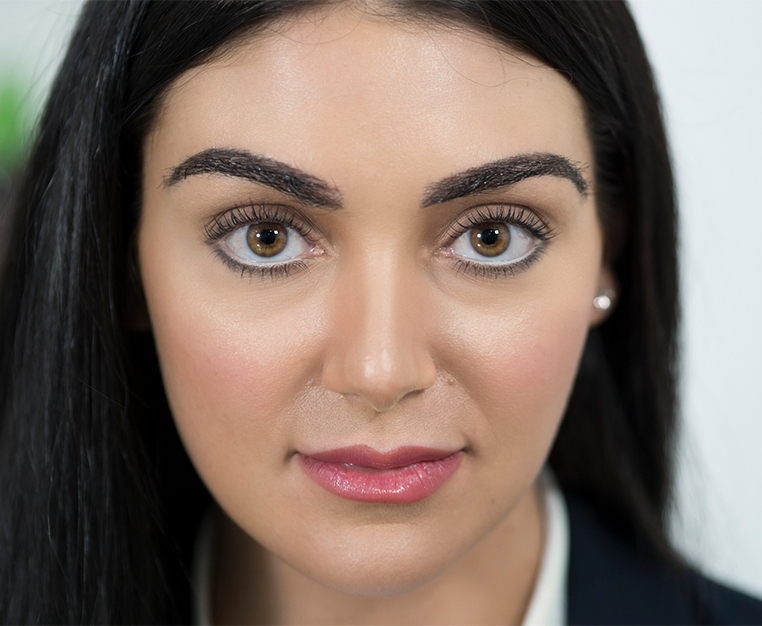In recent years, the global hair transplant market has experienced significant growth that shows no signs of slowing down. A recent market research report on the subject concluded that it would be worth $40 billion within ten years. That’s a jaw-droppingly large figure, but should we be surprised? Around the globe, there is an increasing number of people wanting solutions for hair loss and a growing willingness to seek out available treatment options.
This article is going to explore some of the reasons underlying those two key facts. Keep scrolling to learn more!
Rising Hair Loss
Hair loss affects millions of people worldwide, with men and women alike experiencing its impact. According to the International Society of Hair Restoration Surgery (ISHRS), approximately 50 million men and 30 million women in the United States alone suffer from male or female pattern baldness. Factors such as genetics, ageing, hormonal changes and lifestyle choices contribute to this hair loss epidemic.
As the global population continues to age, the demand for hair transplant procedures is expected to increase. That assumption arises because hair loss becomes more prevalent with age. However, it’s not just older people who want to address their thinning strands or baldness. In years gone by, that might’ve been the case, but younger people are now just as likely as older individuals to contact a hair restoration clinic.
So, if it’s not simply about an ageing population, what is behind the rising demand for hair loss treatments?
Technological Improvements
Without a doubt, rising demand has been fuelled by some of the technological advances that have revolutionised the field of hair transplantation. Traditional methods, such as Follicular Unit Transplantation (FUT) or strip harvesting, have given way to more advanced techniques like follicular unit extraction (FUE).
FUE involves the grafting of individual hair follicles from the donor site, usually the back and sides of the head, into the thinning or balding area, resulting in a more natural-looking outcome. FUE also offers advantages such as reduced scarring and faster recovery times.
Other innovative treatments have also appeared on the hair restoration ‘menu’ in recent years. Platelet-rich plasma (PRP) therapy, for example, is a treatment that’s been widely used in other areas of medicine (sports injury treatment, for example) before being adapted for use in hair restoration. It uses a client’s own blood platelets to stimulate hair growth after the blood has been subjected to centrifugation to separate its components. The PRP is injected directly into the scalp using microneedles.
As scientists continue to explore new techniques, medications and therapies, the hair transplant market will witness further growth, as people are attracted by the great outcomes and minimal disruption offered by the procedures.
The Mainstreaming of Hair Restoration
Hair loss was once a taboo subject, with individuals often feeling embarrassed or stigmatised by their condition. However, thanks to the efforts of celebrities, influencers and the media, there has been a significant shift in societal attitudes towards hair loss. Hair treatments are now part of mainstream discussions about healthcare, with people openly discussing their experiences and seeking effective solutions. This has led to increased awareness and acceptance of hair transplant procedures.
This change in perception has resulted in individuals feeling more comfortable seeking professional help for their hair loss concerns. There’s still work to be done in this area, but as the stigma surrounding hair loss diminishes, the global market for hair transplants is expected to expand further.
Psychological and Emotional Impact
Hair loss can have a profound psychological and emotional impact on individuals, affecting their self-image, confidence and overall well-being. Many people experiencing hair loss report feeling self-conscious, anxious and even depressed. Hair transplant procedures offer a potential solution to these emotional struggles, providing individuals with a renewed sense of self and improved mental health.
The negative impact of hair loss on an individual’s mental health has been well documented. Studies have also been done that demonstrate the flip side of that particular coin, that is, the positive effect hair restoration treatment has on an individual’s self-confidence and self-esteem.
As mental health awareness increases and the importance of holistic well-being gains recognition, the demand for hair transplant procedures as a means of addressing these issues is likely to grow.
Conclusion
The global hair transplant market is experiencing a remarkable upward trajectory. This is set to continue as hair restoration treatment becomes increasingly accepted as a mainstream healthcare service. All across the globe, people are recognising the transformative impact it offers to individuals experiencing hair loss.
If you’re seeking some transformative treatment, Vinci Hair Clinic is a good place to begin your search. We’re a world leader in hair restoration, with clinics in many countries. We offer a free, no-obligation consultation with one of our hair specialists to all our new clients. That can take place in person or using photographs over the phone. All you have to do is get in touch to schedule an appointment!


